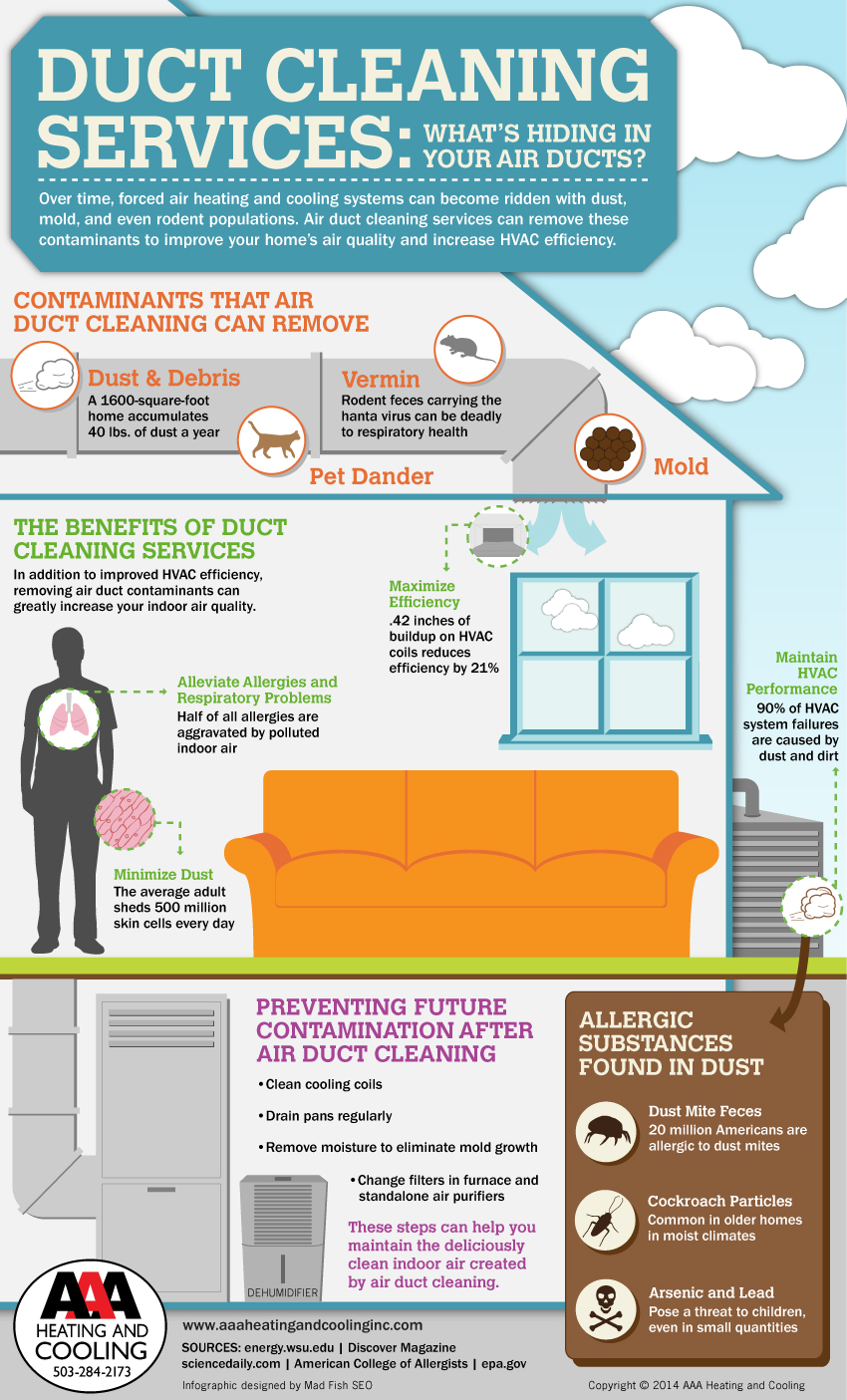Exactly How Climatic Variables Influence Heat Pump Procedures And Practical Actions To Address These Difficulties
Exactly How Climatic Variables Influence Heat Pump Procedures And Practical Actions To Address These Difficulties
Blog Article
Authored By-Bengtson Maher
When it comes to your heat pump, weather condition plays a vital role in its performance. From freezing temperature levels to sweltering heat, each element can affect just how efficiently your system runs. But what can you do to combat these weather-related challenges and ensure your heat pump is operating at its ideal? Keep tuned to uncover functional ideas and strategies to optimize your heatpump's performance, despite the weather conditions it deals with.
Weather Elements Impacting Heatpump Performance
Weather condition elements have a considerable influence on the efficiency of heat pumps. One critical factor is temperature level. Heatpump work by transferring heat from outdoors to within throughout winter months and the other way around in summer season. As temperatures decrease, it comes to be harder for the heatpump to essence warmth from the outside air, lowering its efficiency.
Another crucial element is moisture. High humidity levels can make it a lot more tough for the heat pump to launch heat during the cooling process.
Furthermore, wind speed contributes. Strong winds can dissipate the warm soaked up or launched by the heat pump, impacting its general performance.
Tips for Optimizing Heat Pump Performance
To boost the efficiency and long life of your heatpump, implementing a few essential approaches can make a significant distinction in its performance.
To start with, ensure routine maintenance by cleaning or replacing filters every 1-3 months to prevent air movement blockages and make best use of airflow. In addition, timetable annual specialist inspections to find and deal with any possible issues at an early stage.
Optimum thermostat setups also play a crucial duty. Throughout the winter months, aim for a temperature level setup that's as low as comfy, and throughout the summer, established it as high as comfy to decrease the workload on your heatpump. Making use of a programmable thermostat can aid you instantly adjust settings based on your schedule.
Furthermore, sealing leakages in ductwork and insulating air ducts in unconditioned areas can stop power loss and improve total system performance.
Finally, take into consideration installing a clever thermostat that can learn your practices and readjust setups as necessary, additional optimizing your heatpump's performance. By complying with these tips, you can ensure your heat pump operates efficiently and successfully throughout the year.
Best Practices for Weatherproofing Your Heatpump
For optimal performance and performance of your heat pump, carrying out weatherproofing actions is essential. Begin by securing any kind of voids or fractures around doors, home windows, and ductwork to prevent warm loss and keep a constant indoor temperature level.
Shield subjected pipes and air ducts to stop cold during cold weather and make certain correct air flow. Think about setting up a safety cover over the exterior device to protect it from severe weather components like snow, ice, and debris.
Regularly tidy the outdoor device to get rid of dust, leaves, and particles that can obstruct air movement and lower performance. In addition, keep the location around the heat pump clear of snow, ice, and greenery to allow for proper air flow.
Recommended Web site that you comprehend how weather influences your heat pump efficiency, you can take aggressive steps to maximize its performance. By https://renewableenergyzone.com/uncategorized/104200/global-hvac-maintenance-service-market-up-to-date-information-and-insights-till-2025/ to the tips detailed in this post, such as regular maintenance, thermostat adjustments, and weatherproofing procedures, you can make certain that your heatpump operates at its ideal no matter the weather. Stay successful and maintain your home comfy all year round.
